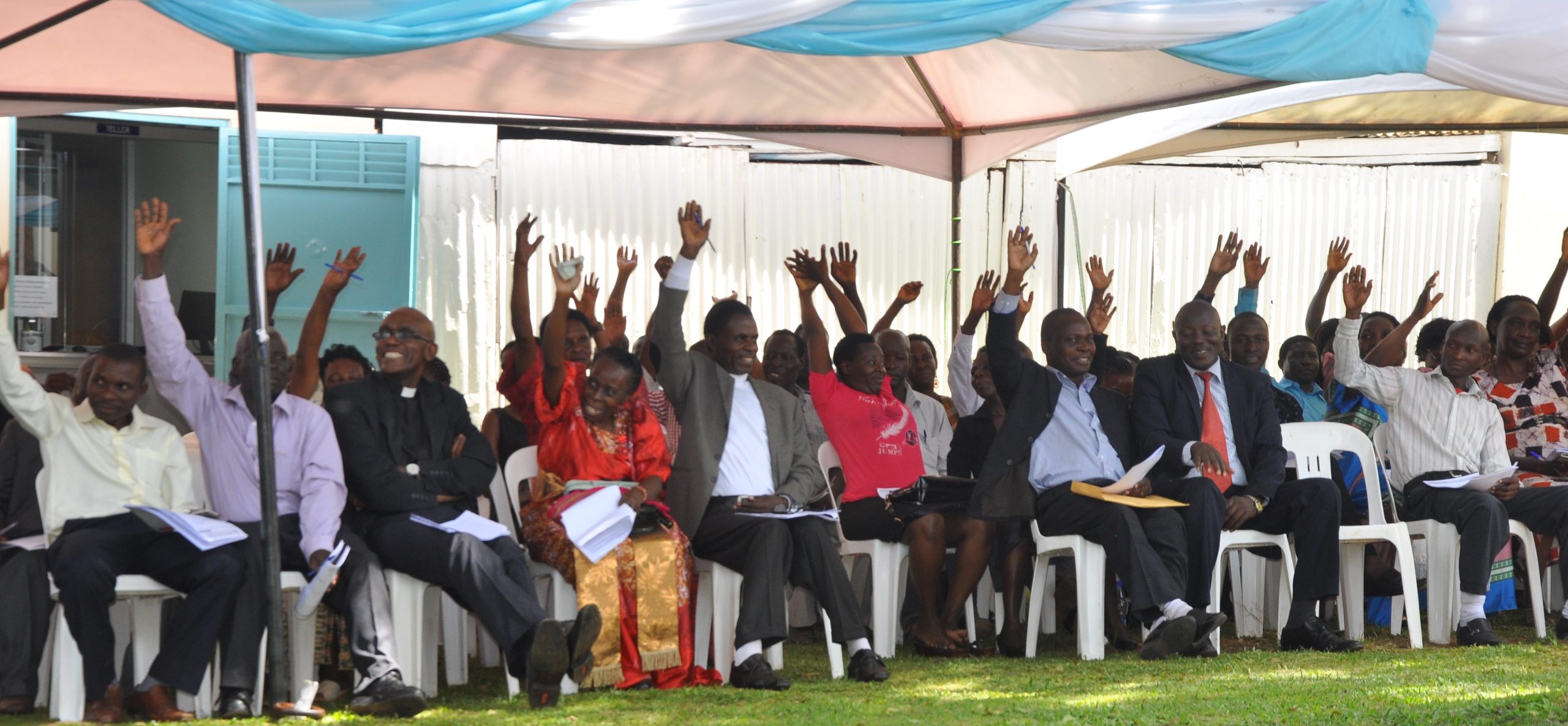

Since 2019, DGRV has been supporting Uganda’s cooperative sector through its office in Kampala. The project follows a medium- to long-term approach, aiming to bring structural improvements through sustainable capacity building and organizational development. Its interventions are purposefully aligned with Uganda’s National Development Plan III (2020/21 – 2024/25).
DGRV is legally established as a non-profit International Non-Governmental Organization (INGO), funded by the German Federal Ministry for Economic Cooperation and Development (BMZ). It operates under the project “Promotion of Cooperative Structures in Selected African Countries”, contributing to strengthening cooperatives and improving livelihoods in rural communities. Since its establishment in Uganda, DGRV has been gradually expanding its support to the cooperative movement. It focuses on policy and regulation, sector structures, select cooperatives, pre-cooperatives, and their networks within the sectors of finance, agriculture, renewable energy, and health.
Key Objectives of the Project:
Our project operates on three levels.
Instead of focusing on a specific region, the project adopts a sector-wide approach, ensuring nationwide impact. It is implemented through technical advisory assistance to key stakeholders and actors within Uganda’s cooperative sector.
With our activities in Uganda we contribute to several Sustainable Development Goals, especially to:
Since 2023, DGRV hast been working closely with the Ministry of Trade, Industry and Cooperatives on the promotion of Health Cooperatives in the country. In all four districts, sensitization workshops were conducted and thereafter health cooperatives founded. The concept of this type of cooperative members pool resources through premiums, allowing cooperative boards to engage with local healthcare providers and secure affordable medical care, preventive services, and health education. This approach is not only strengthens community resilience and accountability but also builds trust in local health systems, fostering a more robust and proactive health framework.
Whilst the Health Cooperatives are covering health services for their members the question of financial sustainability is omnipresent. Therefore, DGRV is partnering with Partner UGANICS Women Empowerment Programme for the support of a pilot cooperative with 72 members, out of which over 70% are female. The objectives are, to establish a functional soap-making business that generates income for cooperative members, to improve community hygiene and health by producing affordable, high-quality soap with added skincare and mosquito repellent benefits, to equip cooperative members with business management and technical skills in soap production and to significantly strengthen the cooperative as an institution, ensuring its long-term sustainability and impact.

Martina Weis
Pamela Tumwesigye Komugisha
Vastine Komwaka
Loyford Rithaa
Aldan Hakim Tusubira
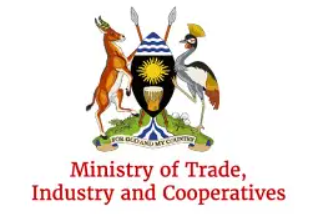 The Ministry of Trade, Industry and Cooperatives (MTIC) in Uganda plays a key role in promoting and regulating trade, industry, and cooperatives in the country. It is committed to economic growth, industrial development, and strengthening cooperatives to improve the living conditions of the population.
The Ministry of Trade, Industry and Cooperatives (MTIC) in Uganda plays a key role in promoting and regulating trade, industry, and cooperatives in the country. It is committed to economic growth, industrial development, and strengthening cooperatives to improve the living conditions of the population.
 Caritas Kampala is the socio-economic development agency of the Archdiocese of Kampala. A key focus of its work is the promotion and strengthening of grassroots cooperatives by creating a supportive framework for their establishment and growth as a values-based business model and an instrument of socio-economic development.
Caritas Kampala is the socio-economic development agency of the Archdiocese of Kampala. A key focus of its work is the promotion and strengthening of grassroots cooperatives by creating a supportive framework for their establishment and growth as a values-based business model and an instrument of socio-economic development.
 Caritas Kasanaensis is the socio-pastoral organization of the Diocese of Kasana-Luweero, operating in the districts of Luweero, Nakaseke, and Nakasongola. It strengthens cooperatives in the production and marketing of biomass briquettes as an environmentally friendly alternative to charcoal.
Caritas Kasanaensis is the socio-pastoral organization of the Diocese of Kasana-Luweero, operating in the districts of Luweero, Nakaseke, and Nakasongola. It strengthens cooperatives in the production and marketing of biomass briquettes as an environmentally friendly alternative to charcoal.
DGRV – Deutscher Genossenschafts- und Raiffeisenverband e. V. – Uganda
German Cooperative and Raiffeisen Confederation Uganda
6th Floor, BMK House – Lower Kololo
Kampala
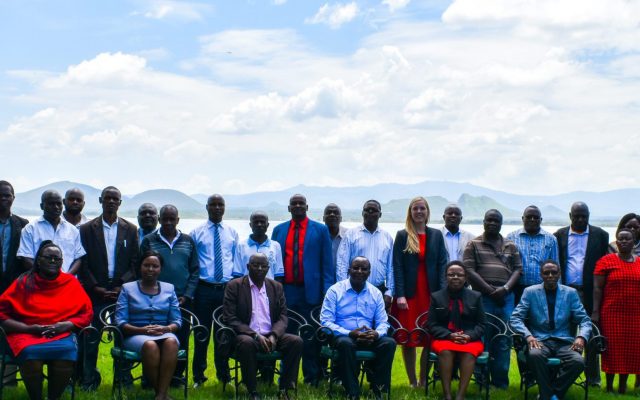 Africa
Africa DGRV supports the Kenyan co-operative movement since more than 10 years by offering technical capacities through advisory services, training, and education programs to our Kenyan project partners. DGRV’s local office in Nairobi is operationalized through our local NGO ‘‘German Kenyan Cooperative Development’’. We are promoting a sustainable, inclusive, and innovative development of co-operative landscape. Besides […]
More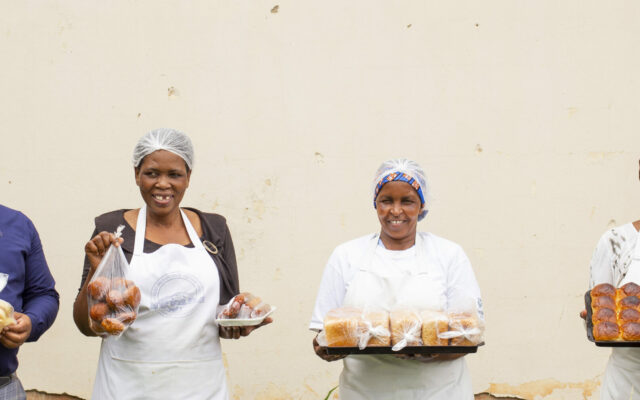 Africa
Africa In the small landlocked country of Eswatini we work with a well-established and prosperous cooperative sector which we supported and accompanied in the last couple of years to establish the National Cooperative Federation of Eswatini (NCFE) recognized by the government as the only Apex-body of the entire sector. DGRV is and will support the NCFE […]
More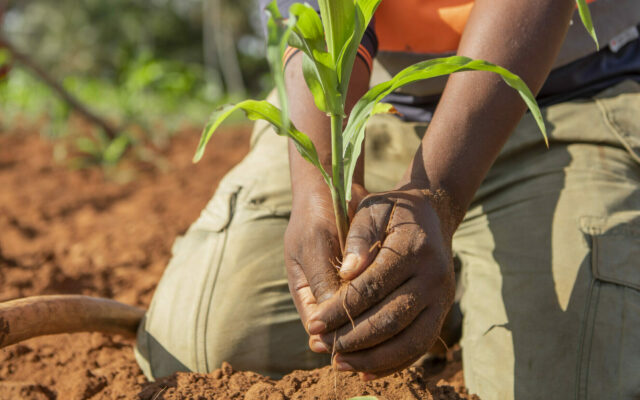 Africa
Africa In South Africa we support different governmental institutions, cooperatives as well as traditional, indigenous structures to support primary cooperatives. Cooperatives are an important tool in South Africa to foster economic engagement of marginalized parts of society especially in rural and semi-urban settings. At the same time cooperatives play an important role when it comes to […]
More